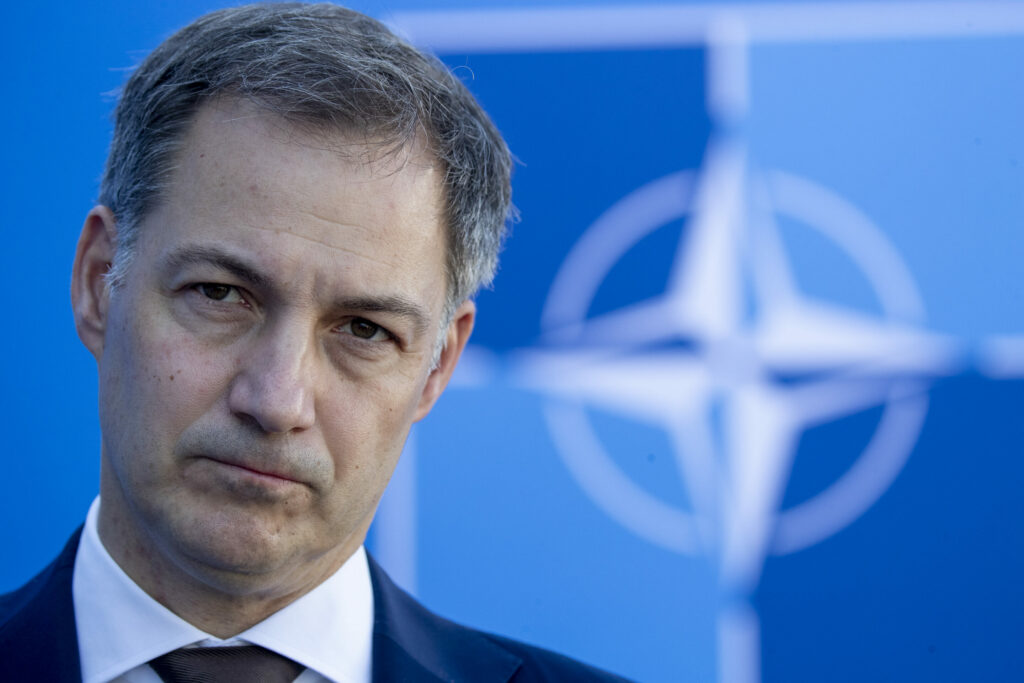NATO's European members must allocate an additional €56 billion annually to fulfil the alliance's defence spending objective, a recent study conducted by the German Ifo Institute on behalf of the Financial Times revealed.
This study sheds light on the financial challenges confronting European Union countries striving to meet NATO's benchmark of allocating 2% of their Gross Domestic Product (GDP) to defence. Among those grappling to meet this target are Spain, Italy, and Belgium, with the last one spending only 1.21% of its GDP on defence last year, marking one of the lowest rates within the alliance.
This year, Belgium is the second-lowest defence spender among NATO members, having spent 1.1% of its GDP on defence, beating only Luxembourg. In July last year, Belgian Prime Minister Alexander De Croo committed to a 2% GDP defence spending at the NATO summit in Madrid.
Mitigating factor
Economist Marcel Schlepper from the Ifo Institute emphasised the conundrum faced by heavily indebted nations, stating in an interview with L’Echo, "Countries with high debt levels and interest costs do not have much room to increase their debt, so the only real way to do that is to cut spending in other areas."
The impending implementation of the EU's new fiscal regulations, effective from the following year, is also anticipated to precipitate further budgetary constraints as countries aim to adhere to a 3% cap on annual deficits and a 60% threshold for debt to GDP ratio. More than ten EU member states are anticipated to breach the annual deficit limit, potentially resulting in sanctions from the European Commission.
However, recent negotiations have seen Poland, the Baltic states and Italy advocating for a more lenient treatment of defence spending under the new regulations. Consequently, the European Commission will consider military expenditures as a mitigating factor when evaluating whether to penalise countries failing to comply with the annual deficit limit.
Related News
- Belgium prefers to provide aid rather than send troops to Ukraine
- It is 'logical' to cut social spending in favour of NATO budget, says De Croo
- NATO welcomes 'unprecedented rise' in defence spending for 2024
Despite these financial pressures, concerns regarding the perceived threat from Russia vary among EU Member States. Economic consultant Lorenzo Codogno remarked in L’Echo, "The Russian threat is not yet perceived as dangerous enough to justify a reduction in social spending to make room for weapons."
Notably, public sentiment in several heavily indebted countries with substantial deficits does not favour an uptick in defence expenditure, according to NATO surveys.
Expressing urgency, Polish Foreign Minister Radosław Sikorski emphasised, "We are moving too slowly and too late," he was quoted as saying by L’Echo, highlighting Russia's increasing defence spending, expected to reach 7% of its GDP this year. "The Russian economy is already operating at a war pace. Europe's economies need to at least go into crisis mode."

